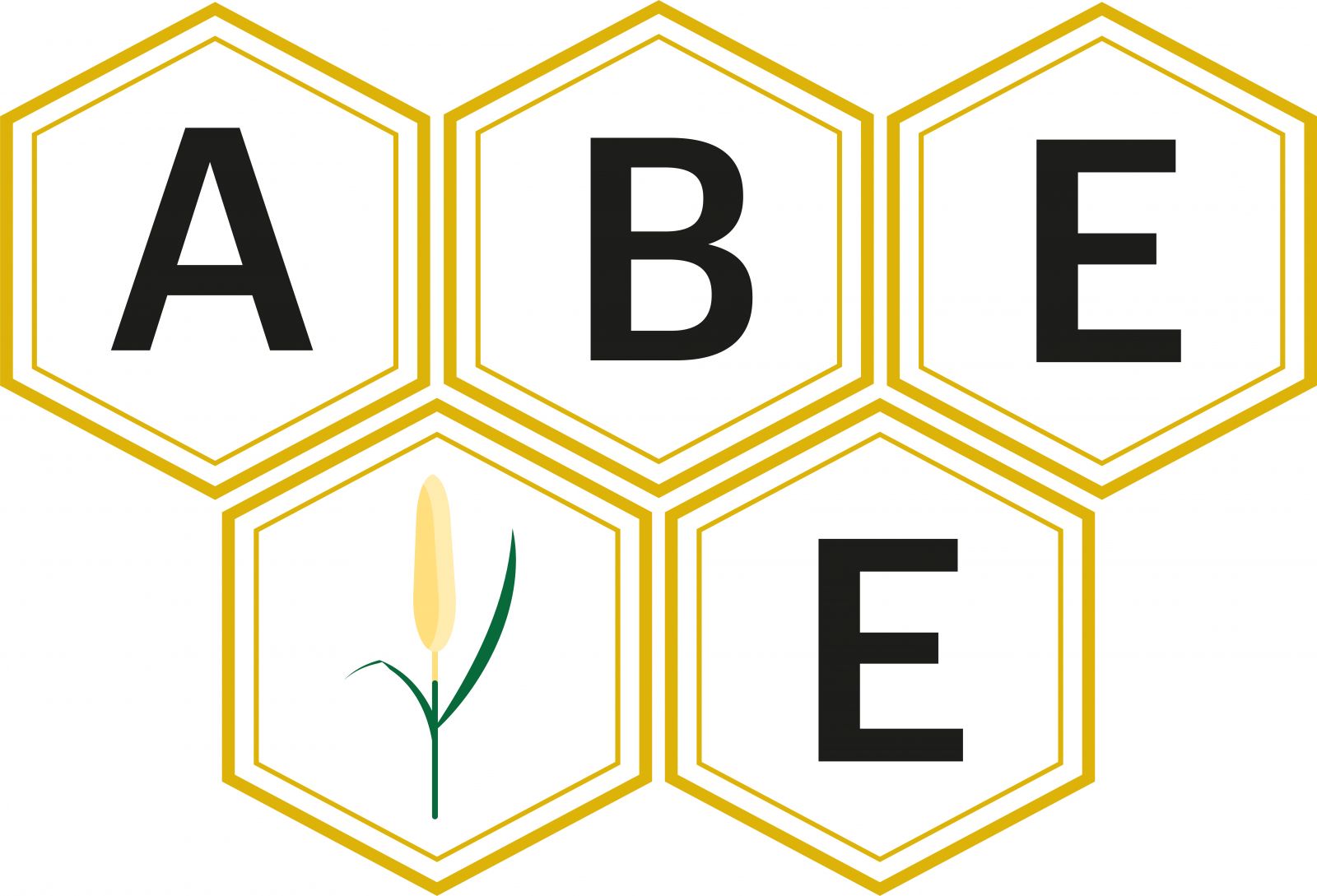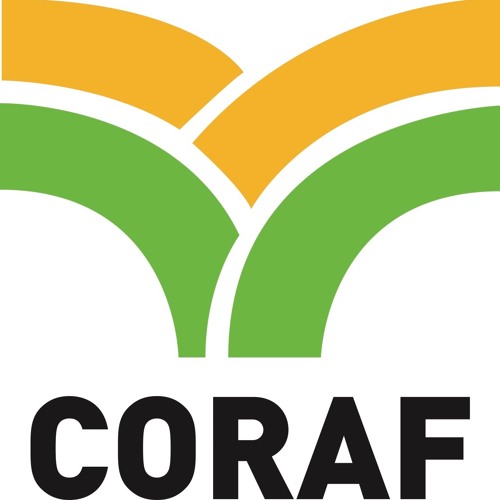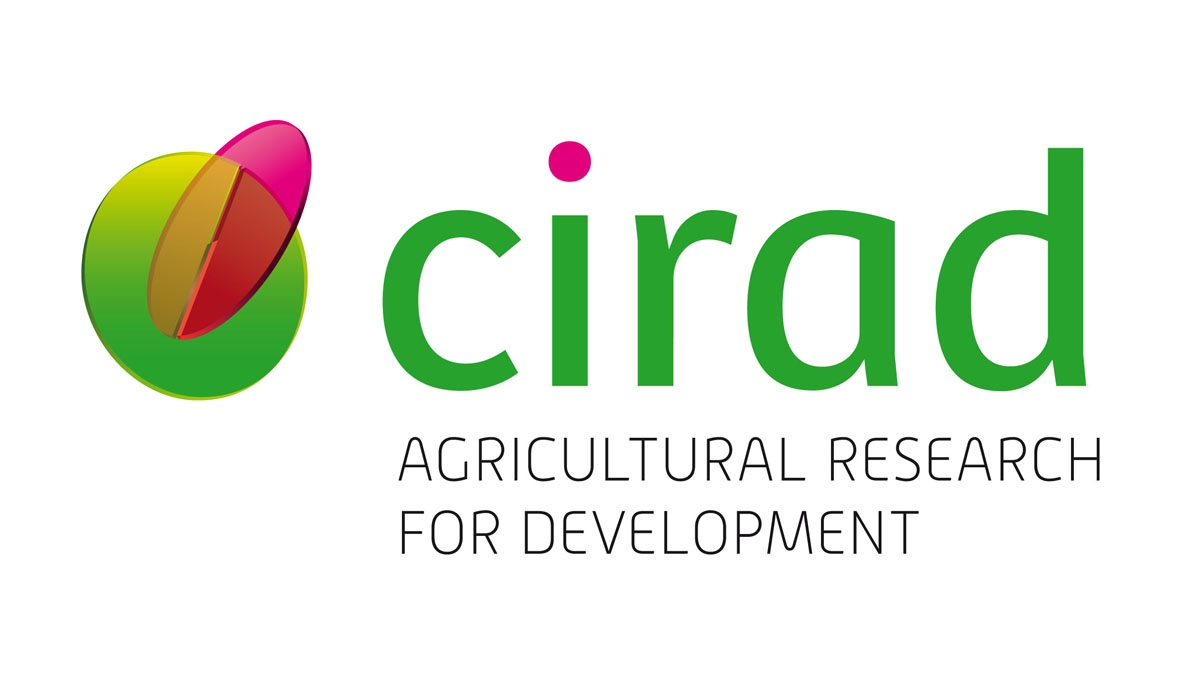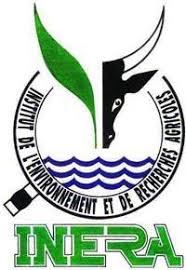Demand-led plant breeding will promote sustainable and resilient food production
 The West Africa Breeding Networks and Extension Empowerment (ABEE) project launched in March 2020 is fostering a more coordinated regional and national approach to plant breeding. The ABEE Project is part of the European Union’s “Developing Intelligent Innovation through Research in Agriculture (DeSIRA)” initiative and aims to strengthen the resilience of rural communities in the Sahel to climate change through the establishment of modern equipment and infrastructure for the breeding of varieties of five climate-sensitive crops. It seeks to reach over 40,000 direct beneficiaries in five years (2020-2024). A consortium of actors with a track record of developing crop breeding in the Sahel and West Africa is involved including CORAF, AfricaRice/IBP, and the national programs of Burkina Faso (INERA), Niger (INRAN) and Senegal (ISRA) while Mali (IER) is engaged through a companion project. The philosophy of the project is to place plant breeders at the forefront in driving change and modernisation of crop improvement.
The West Africa Breeding Networks and Extension Empowerment (ABEE) project launched in March 2020 is fostering a more coordinated regional and national approach to plant breeding. The ABEE Project is part of the European Union’s “Developing Intelligent Innovation through Research in Agriculture (DeSIRA)” initiative and aims to strengthen the resilience of rural communities in the Sahel to climate change through the establishment of modern equipment and infrastructure for the breeding of varieties of five climate-sensitive crops. It seeks to reach over 40,000 direct beneficiaries in five years (2020-2024). A consortium of actors with a track record of developing crop breeding in the Sahel and West Africa is involved including CORAF, AfricaRice/IBP, and the national programs of Burkina Faso (INERA), Niger (INRAN) and Senegal (ISRA) while Mali (IER) is engaged through a companion project. The philosophy of the project is to place plant breeders at the forefront in driving change and modernisation of crop improvement.
Continued investment in modernizing plant breeding is essential if national programmes are to respond to market signals and to take advantage of advances in plant breeding that will enable them to be more effective and efficient in developing resilient crops suited to local environments and changing climates. The ABEE project is targeting breeding for millet, sorghum, fonio, groundnut and cowpea. Based on the experience of the World Bank WAAPP initiative and other projects, we know that further improvements in crop productivity in the Sahel will be dependent upon inclusive value-chain development within commodities and across ecologies and countries. As such, demand-led plant breeding that fulfils farmer needs and responds to market signals is essential for the target countries – through their national programmes – to sustainably increase agricultural productivity in the face of population growth and climate change.
Project highlights – the role of the IBP
In the ABEE project, the IBP is working with different partners and breeding programs on the knowledge and data management activities, in order to document research results and promote the digitization of breeding pipelines. The IBP works with all stakeholders to better understand knowledge needs in the breeding programs and along the value chain and to optimize the development of a knowledge platform that stores and contributes seed information.
In addition to the knowledge platform activities the IBP is managing the roll-out of the BMS and advising partners on IT infrastructure requirements and the need for institutional data management policies and practice.
A strength of the BMS is its ability to capture, store and analyse data across a range of crops across the Sahel region and, uniquely, the BMS has the capacity to synchronize data across different BMS instances. The federation of BMS instances- a major objective of the project- is invaluable for regional projects and it enables national programs to curate and analyse data for similar projects with different donors in their respective institutional BMS instance, while sharing selected data with partners from different countries on a regional instance.
Under the ABEE project, 5 instances of the BMS have been made available, in the Cloud, four institutional and a regional one. The data generated through regional trials have been stored in the regional instance to ensure traceability and ownership, while allowing any member of the network to access and use it.
With the aim of sustainable deployment and adoption, national program partners have designated focal points or support staff who have been trained by the IBP to facilitate the use of the BMS by plant breeding teams at an institutional level. As part of the initial support a number of training activities have been conducted in preparation for the 2021 crop cycles including the development of standard terminology to ensure optimal use of the BMS and to facilitate data sharing across breeding teams.
The COVID-19 pandemic has necessitated some adjustments to work schedules; in particular, field activities have been impacted. However, the constraints on travel and movements have also prompted the use of alternate measures such as online meetings.







.jpg)


